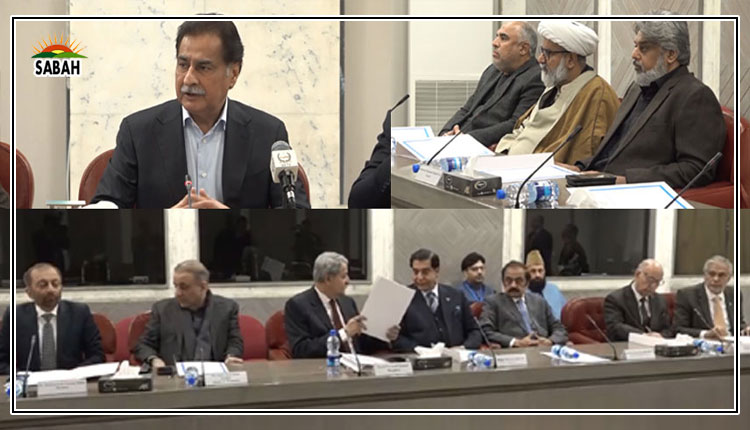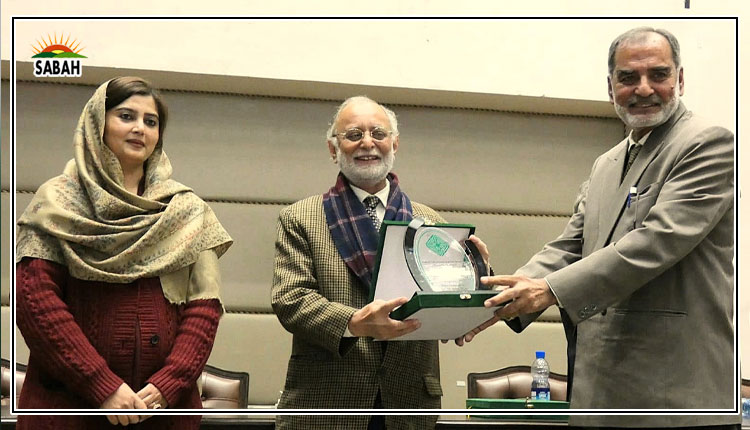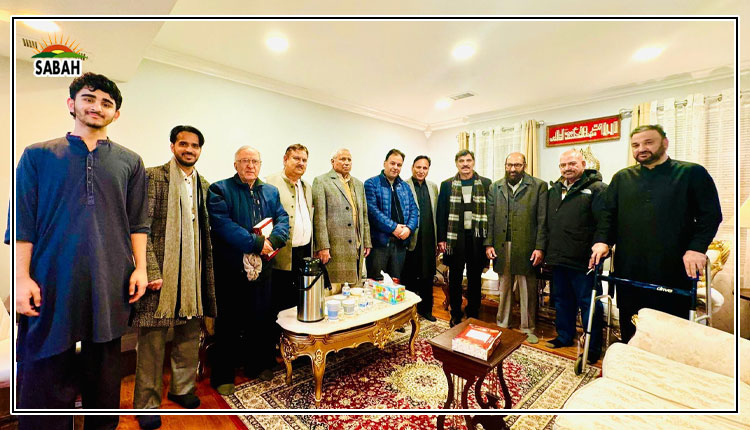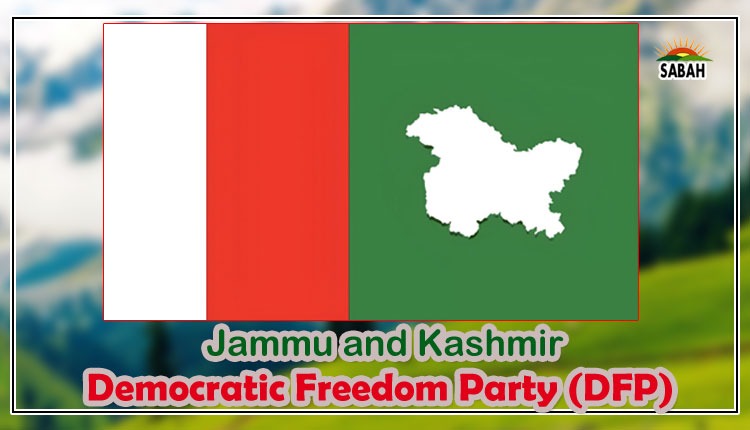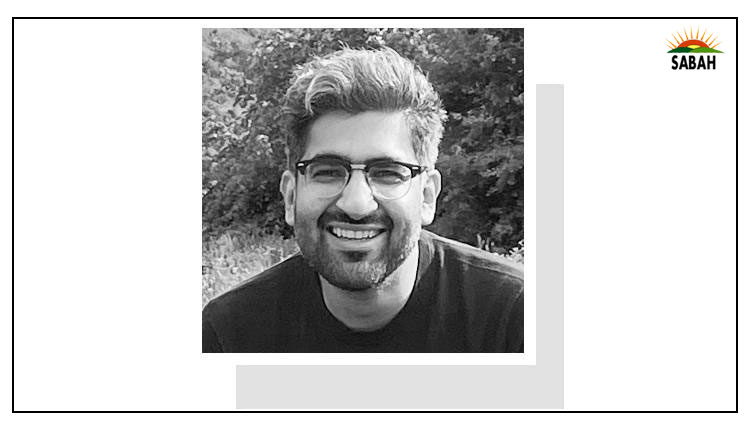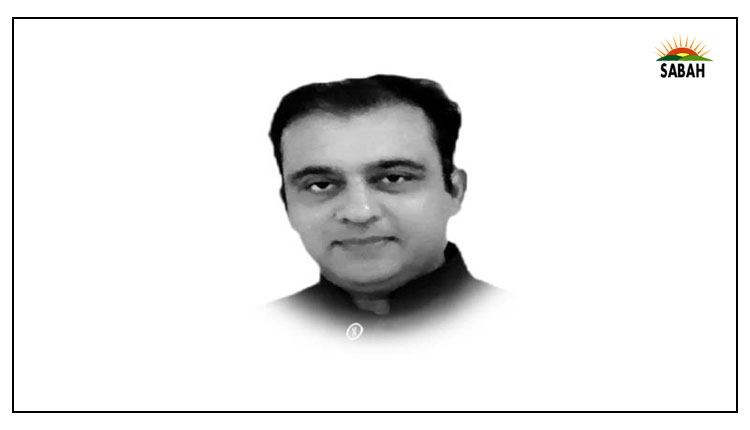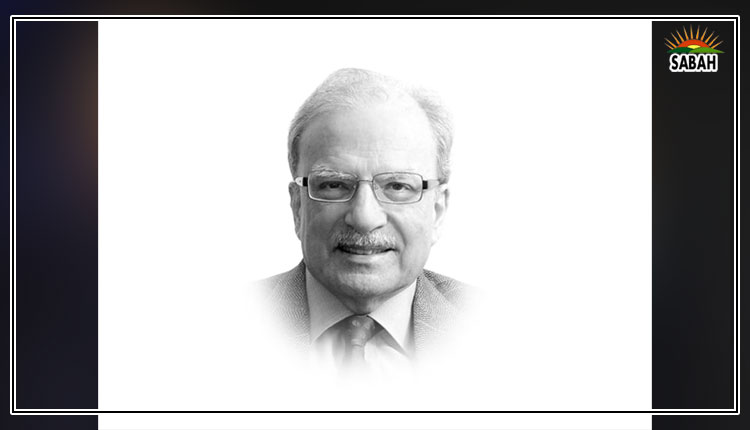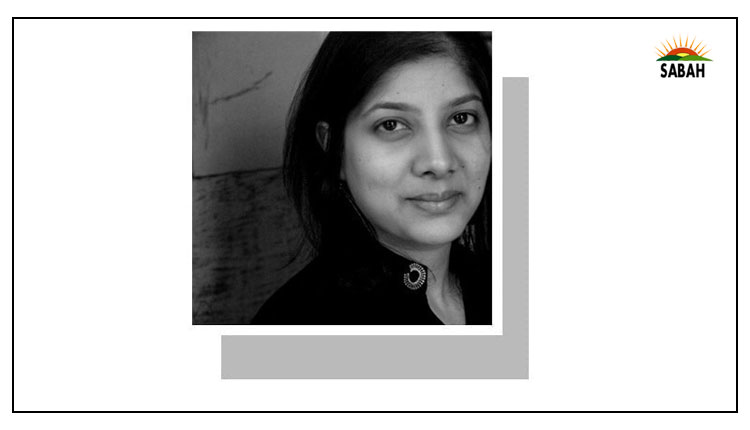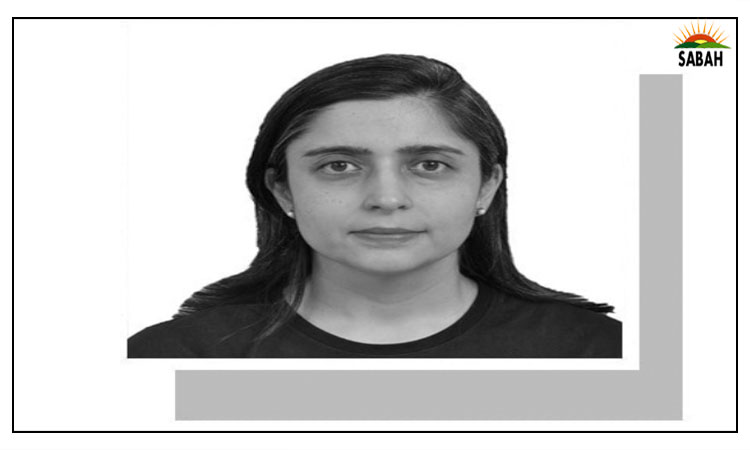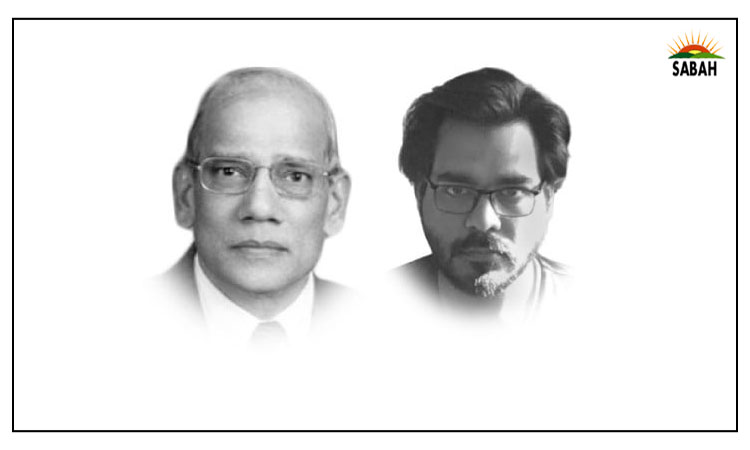How elite capture leads to asymmetrical societies ۔۔۔۔ HR Ahmad & Zain Aman
The question to be raised is what elite capture is and how it progresses to be an effective engine to drive an asymmetrical society [tabqatee nizam] at the cost of common people. The asymmetrical society during the age of empires was considered as a social system of rich and poor. The Industrial revolution turned it into an exploitive economic system juxtaposing industrial bourgeois with working class. Russian revolution provided basic facilities to working class using scientific socialism instead of utopic ones. If there is a resonance and harmony between economic, political and sociological streams, a symmetrical society comes into being as for example the Scandinavian model. If the loop between economic and political remains limited, it results in an asymmetrical society. If the axis of economic, political and sociological remains limited to economic only by wealth collection but not generation, it results in a steep gradient of asymmetrical society.
In this context, the Election Commission of Pakistan is set to organise the upcoming elections in Pakistan — a country where only 2% of the people have access to higher education, 50% have access to healthcare, and around 40% live below poverty line. This means that 98% people who do not have access to higher education and 78% people who spend on their healthcare out of their own pockets are aiming to elect representatives of their communities with the hope that these indicators will improve.
The Greeks had struggled to capture the city of Troy and after a struggle of 10 years, Greek King Odysseus came up with the idea of presenting the people of Troy with a peace offering in the shape of a giant wooden horse which was also the emblem of the city at the time. The people of Troy accepted this peace offering and rolled the giant horse into the city gates. Little did they know that the horse was hollow from within and hosted a few elite armed warriors whose mission was to open the city gates once the horse is rolled inside the city. At nightfall, the warriors climbed out of the wooden horse, opened the city gates from inside and allowed the Greek warriors to attack the city leading to its capture.
Human nature is quite interesting. We become excited when something so appealing like peace, food, shelter, or freedom is offered, especially when wrapped in a beautiful coating of promises. In fact, any promise made is accepted when presented beautifully whether it is for the good or for the worse. May it be the promise of a heavenly afterlife is what has made our people so reluctant to making their worldly life any better. The promises have infiltrated our minds, emotions, patterns of thinking all the way down to our generations. As we prepare for the upcoming elections, what intellectual capacity do our gullible people hold to differentiate a Trojan Horse from a promising electoral mandate?
Pakistan stands among the countries with highest total fertility rates in the world. With 54% female population, only 22% contribute to the workforce of the country. What needs to be studied is how much opportunity cost is being incurred by the nation by keeping these women at home where their roles are confined to a homemaker and a living incubation machine. Women engaged at work leads to decreased fertility and can thus contribute to restricting the increasing fertility rate of our already over-populated country. Men are no less deprived than women. Low wage returns, high cost of health and education leave our prime bread earners with no choice but to focus on bringing food to their over-crowded tables and no regard to other basic needs including health. An enabled thinker can do miracles with critical questioning, contributing to the larger canvas of Pakistan’s human development indices. For this, the civil and public machinery needs to create an enabling environment where every citizen must obtain a standardised level of education with the aim to contribute back to the nation.
How an institute of contradictions could be established to nurture competency to understand and synthesise solutions to change the society. This model would strengthen the loop between university and the state to serve all citizens. The model should be across the board with a basic infrastructure for public education, health, housing and employment. Ideally, it should cover all provincial, rural and urban networking development (PRUND).
PRUND should develop Pakistan by coupling energy with economy to strengthen political conscience for public service with the aim to conceive a virtuous society to live cooperatively with the neighbouring countries like erstwhile pacifist Indus Valley Civilisation. Relying mainly on foreign aid and local charity with a continuous brain and capital drain would put a bandage on the country’s wounded education and health systems, but the disease would only become worse if left untreated from within without development of conscience by universal education from primary to the university level.
Courtesy The Express Tribune, January 13th, 2024.


